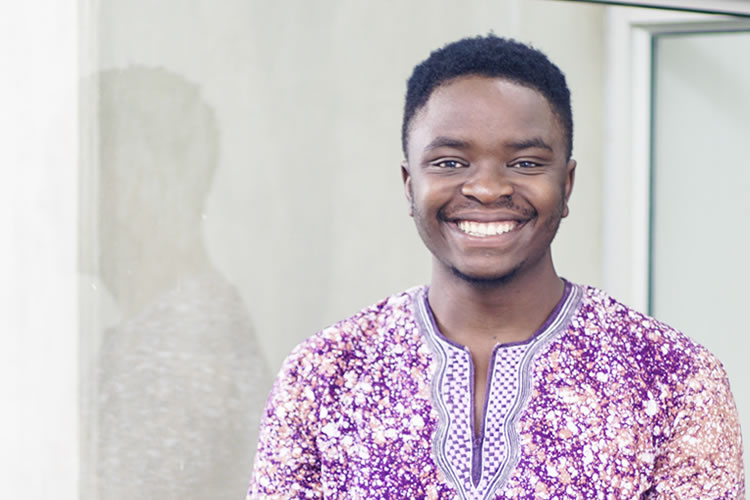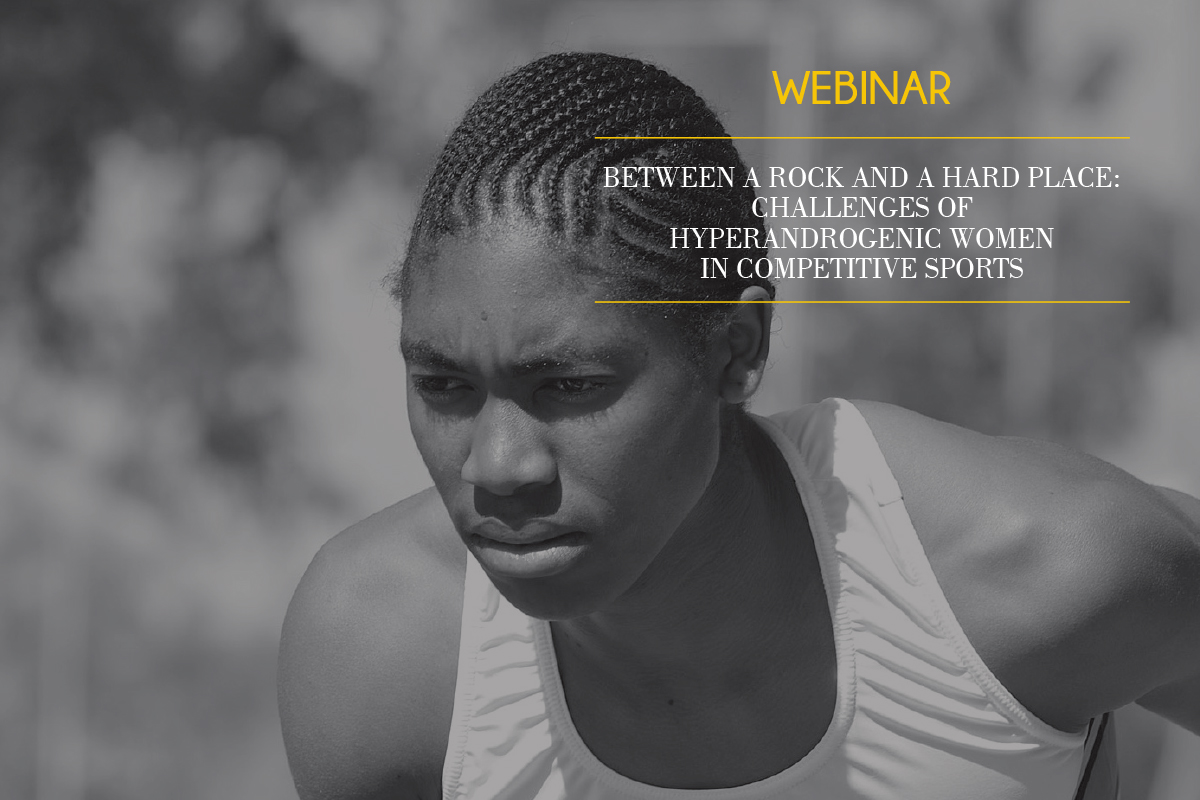On 2 June 2020, the Centre for Human Rights, University of Pretoria, held a webinar on challenges of hyperandrogenic women in competitive sports. The discussion was held in Zoom.
Theme: Between a rock and a hard place: Challenges of hyperandrogenic women in competitive sports
Moderator: Prof Frans Viljoen
Director, Centre for Human Rights, University of Pretoria
Panelists:
- Bianca Kapp
Lawyer, LLD Candidate/Researcher on female athletes with Differences of Sex Development (DSD) - Prof Steve Cornelius
Head of Department, Department of Private Law, former member of the IAAF Disciplinary Tribunal - Adv Mohamed Shafie Ameermia
Commissioner of the South African Human Rights Commission - Joshua Sehoole
Human rights activist - Tapiwa Mamhare
Human rights lawyer / Project Officer, Centre for Human Rights
Background
On 8 May 2019, the Eligibility Regulations for the Female Classification (Athletes with Differences of Sex Development), which seek to reduce female athletes’ testosterone hormones to an ‘acceptable female level’, adopted by World Athletics, entered into force. (World Athletics was formerly known as the IAAF). On 8 May 2019, the Eligibility Regulations for the Female Classification (Athletes with Differences of Sex Development), which seek to reduce female athletes’ testosterone hormones to an ‘acceptable female level’, adopted by World Athletics, entered into force. (World Athletics was formerly known as the IAAF).
The Regulations were widely seen to be targeted at South African Olympic 800 metres champion, Caster Semenya, who is one of the few hyperandrogenic female athletes in competitive sports. Hyperandrogenism is defined as a medical condition characterised by excessive levels of androgens or ‘male’ sex hormones, such as testosterone, in the body of a female. Currently Caster Semenya, together with other hyperandrogenic women, cannot participate in certain track events (400 metres to mile races) unless they have reduced their testosterone levels. The Regulations were challenged as being unjustifiably discriminatory during an arbitration instituted by Semenya before the Court of Arbitration for Sports (CAS). The CAS, based in Lausanne, Switzerland, upheld the validity of the Regulations. An appeal was subsequently launched to the Federal Supreme Court of Switzerland, which has jurisdiction to review the CAS’s decisions. The judgment is still pending. Before these bodies, it was argued that the Regulations violate the human rights of hyperandrogenic women to health, bodily autonomy, physical integrity, freedom from non-discrimination and against torture.
This webinar aims to provide a deeper understanding of the medical, ethical, human rights and legal issues emanating from this case. It further aims to provide an opportunity to critically discuss the CAS decision, anticipate the finding of the Federal Supreme Court of Switzerland, and consider alternative avenues for redress.
For more information, please contact:



